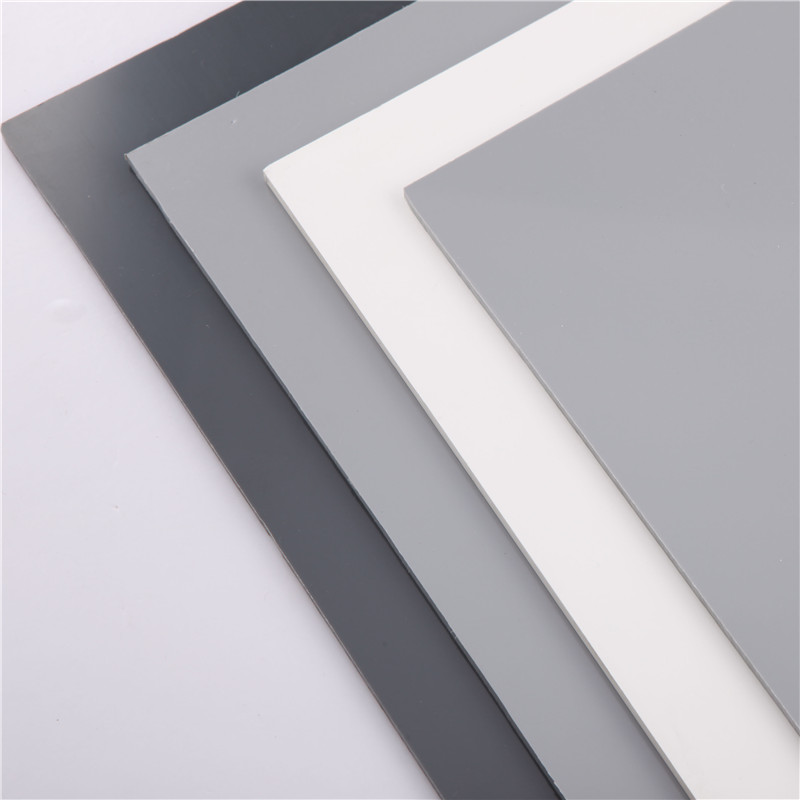Nov . 26, 2024 19:29 Back to list
High-Density Polyethylene Coil Pipe Applications and Benefits for Efficient Water Management
Understanding HDPE Coil Pipe A Comprehensive Overview
High-Density Polyethylene (HDPE) coil pipes have emerged as a favored choice across various industries and applications due to their unique properties and advantages. Made from thermoplastic materials, HDPE is known for its durability, flexibility, and resistance to a range of environmental factors. This article aims to delve into the characteristics, benefits, applications, and installation processes of HDPE coil pipes while shedding light on why they have become a staple in modern piping systems.
Characteristics of HDPE Coil Pipe
HDPE coil pipes are lightweight and flexible, which allows them to be coiled on rolls for easy transportation and installation. The manufacturing of HDPE pipes involves a process that ensures high molecular weight, resulting in superior tensile strength and resistance to impact. Additionally, these pipes can withstand a wide range of temperatures and are immune to corrosion and chemical reactions, making them ideal for various fluid transport applications.
The smooth internal surface of HDPE pipes reduces friction loss, enhancing fluid flow efficiency. Furthermore, HDPE is UV-resistant, allowing these pipes to be exposed to sunlight without degrading over time, which is a critical feature for outdoor applications. With diameters ranging from small to large and pressure ratings accommodating various operational requirements, HDPE coil pipes can handle diverse fluid types, including potable water, waste, and industrial fluids.
Advantages of HDPE Coil Pipe
One of the standout advantages of HDPE coil pipes is their flexibility, which simplifies installation in challenging terrain and reduces the need for fittings. This not only lowers installation costs but also minimizes the potential for leaks. HDPE is resistant to both microbial growth and calcification, ensuring a longer lifespan and maintaining the quality of transported fluids.
hdpe coil pipe

Another vital benefit is the environmental aspect. HDPE is recyclable and often made from post-consumer products, aligning with sustainable practices in construction and infrastructure development. Because these pipes do not corrode, they also contribute to lower maintenance costs over their lifetime, ultimately proving cost-effective for consumers and industries alike.
Applications of HDPE Coil Pipe
Due to their various beneficial characteristics, HDPE coil pipes are utilized in numerous applications. They are commonly used in agricultural irrigation systems, providing an efficient means for transporting water. In civil engineering, HDPE pipes play a crucial role in stormwater management, drainage systems, and sewerage solutions. Their versatility also extends to the oil and gas industry, where they can transport fuels and chemicals safely.
Additionally, HDPE coil pipes are increasingly being adopted in residential and commercial plumbing systems due to their non-toxic properties, making them suitable for potable water supply. The HVAC industry has also recognized their value for transporting refrigerants and other fluids, where flexibility and resistance to environmental factors are paramount.
Installation Process
The installation of HDPE coil pipes involves specific techniques that ensure efficiency and longevity. These pipes can be laid using trenchless technology, whereby minimal digging is required, preserving the surrounding landscape. The joining of pipe sections can be achieved through various methods, including butt fusion, electrofusion, or mechanical fittings, ensuring a robust connection that can withstand pressure and temperature variations.
In conclusion, HDPE coil pipes represent an innovative solution for a wide range of industries, providing reliability, efficiency, and sustainability. Their versatility and ease of installation make them an excellent choice for professionals, while their durable properties ensure that they remain a long-term investment. As industries continue to seek environmentally friendly and cost-effective solutions, HDPE coil pipes are likely to play an increasingly critical role in future infrastructure developments.
-
High Transparency PVC Clear Sheet Super Transparency PVC Sheets & HDPE Cutting Board Supplier
NewsJul.04,2025
-
High-Quality PVC-M Pipe Supplier Trusted PVC Pipe Company & 75mm PVC Connection Pipe Solutions
NewsJul.04,2025
-
PVC Transparent Sheet Roll - Durable & Flexible PVC Plastic Sheet Roll for Industrial & Home Use
NewsJun.24,2025
-
High-Quality PVC PPR Pipes and Fittings Durable ERA PPR Solutions
NewsJun.10,2025
-
High-Quality Large HDPE Sheets & Large Diameter PVC Pipe Durable Large PVC Pipe Supplier
NewsJun.10,2025
-
High Density Polyethylene Cutting Board - Durable & Food Safe
NewsJun.09,2025

